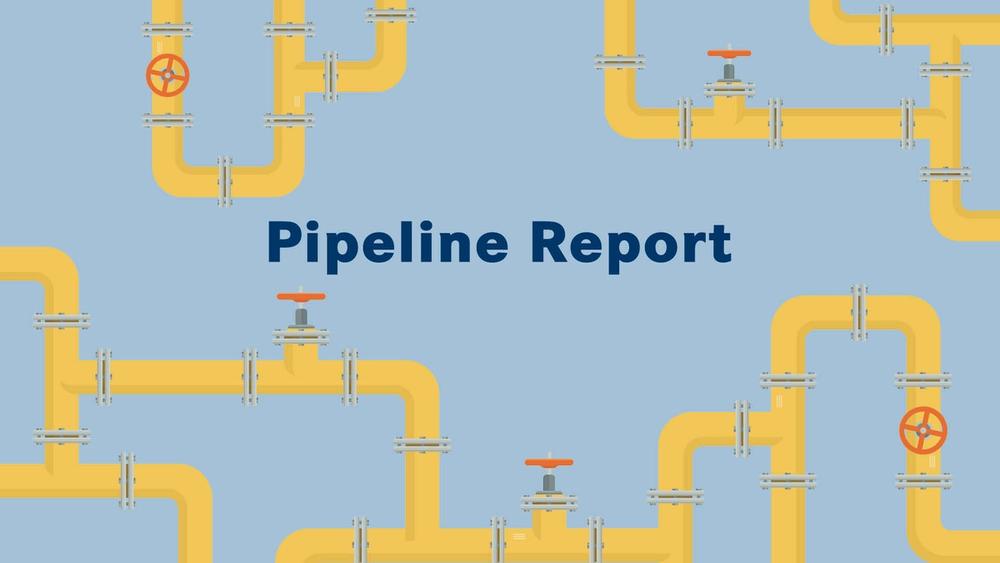
FDA Grants Orphan Drug Designation to ET140203 for Hepatoblastoma

The FDA has granted an orphan drug designation to ET140203 for the treatment of patients with hepatoblastoma.
The FDA has granted an orphan drug designation (ODD) to ET140203 for the treatment of patients with hepatoblastoma, a rare childhood tumor in the liver that typically occurs in children under the age of 5.1
Eureka is currently enrolling patients in three phase 1/2 trials to investigate the safety and efficacy of ARTEMIS® T cells that have been engineered to target specific liver cancer antigens.
In the ARYA-1 (NCT04502082) and ARYA-2 studies (NCT04634357), adult and pediatric patients, respectively, will receive ET140203 ARTEMIS® T cells directed with a TCR mimic antibody to target an alpha fetoprotein (AFP)-peptide/human leukocyte antigen (HLA)–A2 complex expressed on liver cancer cells.
In the ARYA-3 trial (NCT04864054), patients will receive ECT204 T cells to target the GPC3 protein expressed on the surface of liver cancer cells.
“We are pleased to receive ODD for ET140203 following the FDA’s earlier grant of fast track designation and rare pediatric disease designation to ET140203 for the treatment of hepatoblastoma,” Cheng Liu, PhD, president and chief executive officer of Eureka Therapeutics, said in a press release. “These designations highlight the significant unmet medical need for better pediatric liver cancer treatment options.”
ET140203 is an investigational therapy during which a patient’s T cells are collected, engineered to express Eureka’s proprietary cell receptor, and infused back into the patient. Engineered ET140203 T cells express a TCR-mimic antibody to target an AFP-peptide/HLA-A2 complex on liver cancer cells. Notably, ET140203 T cells also incorporate Eureka’s proprietary tumor infiltration technology demonstrating enhanced ability to infiltrate solid tumors in animal models, which may lead to enhanced efficacy in patients.
ARYA-2 is an open-label, dose-escalation, multi-center, phase 1/2 trial designed to assess the safety, tolerability, and preliminary efficacy of ET140203 T cells in pediatric patients. To be eligible, patients must have AFP-positive/HLA-A2-positive, relapsed/refractory hepatoblastoma, hepatocellular malignant neoplasm not otherwise specified, or hepatocellular carcinoma.2
Following infusion, tumor response assessments will be performed at months 1, 3, 6, 9, 12, 18, and 24. Serum AFP levels will also be measured at each tumor response assessment visit.
The active assessment phase of the study will continue for 2 years, after which patients will be followed for 15 years post-treatment for assessment of treatment safety and overall survival.
The primary end points include the incidence and severity of adverse effects following infusion, the incidence of dose-limiting toxicity, and the recommended phase 2 dose of the regimen.
Secondary end points include response rate and pharmacokinetics, which will be evaluated by the expansion and persistence of ET140203 T cells circulating in the blood over time.
The estimated primary study completion date is February 28, 2023.
References
- Eureka Therapeutics receives orphan drug designations for treatment of hepatoblastoma with ET140203 ARTEMIS® T cells. News release. Eureka Therapeutics. October 17, 2022. Accessed October 17, 2022.
https://yhoo.it/3TbD8gg - ET140203 T cells in pediatric subjects with hepatoblastoma, HCN-NOS, or hepatocellular carcinoma (ARYA-2). ClinicalTrials.gov. Updated October 13, 2022. Accessed October 17, 2022.
https://clinicaltrials.gov/ct2/show/NCT04634357




































